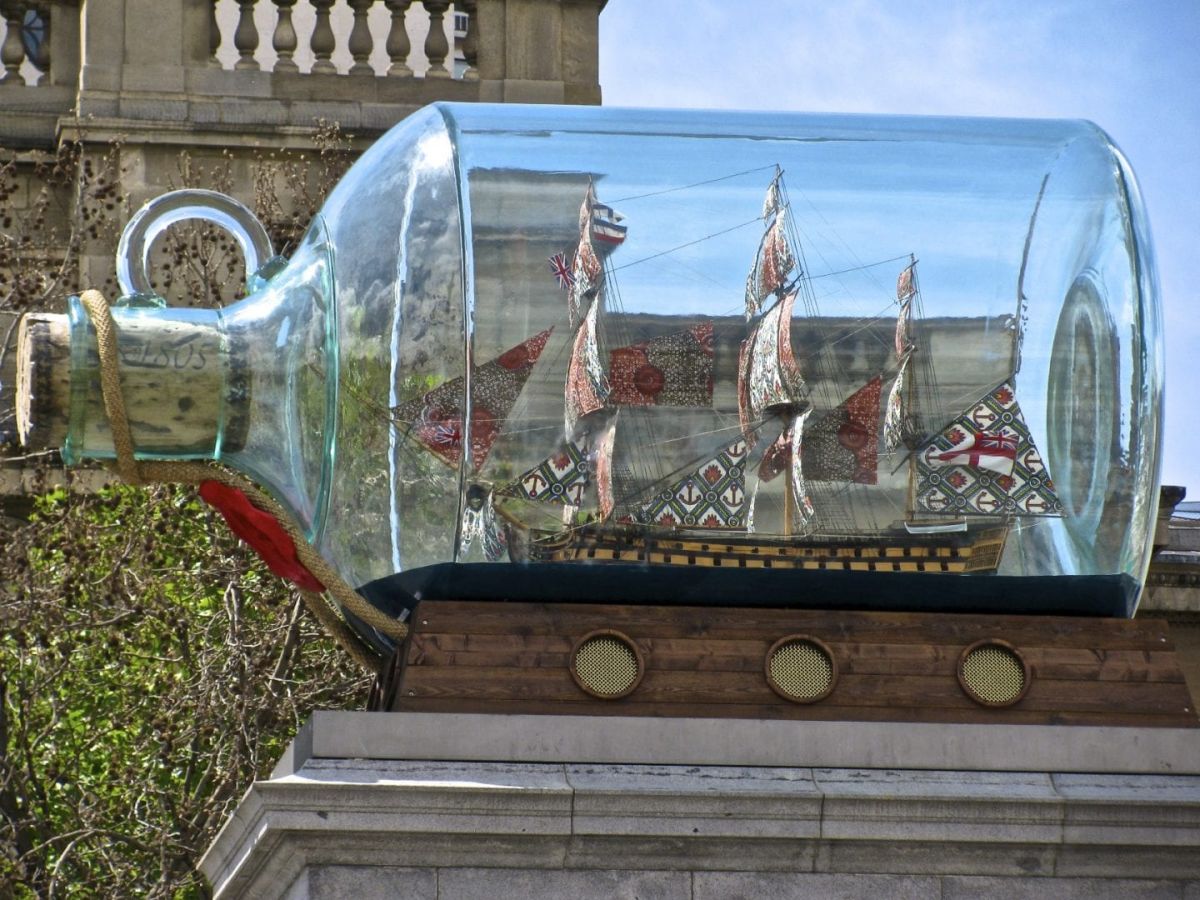Colonial nostalgia is rife, so why aren’t we addressing it?

I am a History and Politics student. I’ve chosen, in fact, I’ve paid £9,000 a year, for the opportunity to consider history from the less heard perspective of those beyond the Western realm. So it caught my attention when Labour leader Jeremy Corbyn argued that schoolchildren should be taught about the “role and legacy” of the British Empire, colonisation, and slavery. “Black history is British history” he rightly stressed, pledging to enhance teaching of the topic in the national curriculum.
In response to this, the government said schools taught a “broad and balanced curriculum.” Even in a Statutory Guidance report written by the Department of Education, it stressed that “a high-quality history education will help pupils gain a coherent knowledge and understanding of Britain’s past and that of the wider world.” This is correct — so why is it that when I reflect on my experience of history at school, a large proportion of this seems to have been omitted?
Whilst The Victorians, the Tudors, the History of Medicine, and the Nazis were all considered paramount to understanding the past, the horrors of the British Empire — the concentration camps in Boer, the Amritsar Massacre and the Mau Mau uprising — were all relatively absent.
Take the BBC’s online resources for secondary school teachers as an example. A page titled ‘what Legacy has the British Empire left behind?‘ claims that “the Empire brought blood and suffering to millions — but it also brought railways, roads, and education”. Clearly ignorance is not to be blamed on the individual, it is to be blamed on the Government.
It was only five years ago that the former Education Secretary Michael Gove was forced to redraft his proposals for a borderline nationalistic history curriculum following severe criticism that it focused exclusively on white British history.
The glorification of terms such as “Britain and her Empire” and “the Heptarchy” (which refers to the Anglo Saxon kingdoms of England from the 5th to the 10th centuries) led the former director of the British Museum to warn that Britons used history to “comfort us and make stronger”. So, why do we still think it’s acceptable to gloss over the horrors of the British Empire?
It only takes a quick glance at the current political situation in the UK to see the dangerous repercussions of this reminiscent glorification of British history. Brexiteers idolised sovereignty in seeking to re-instate Britain’s position in the world. The Windrush scandal also highlighted the willingness of the government to gloss over the damage of the colonial era. Even Theresa May’s latest visit to Africa echoed the paternalistic rhetoric of the Empire.
Britain has always been a nation that has capitalised on the vulnerable state of others. Lest we forget, the Empire was built on the backs of the millions that died as a result of the barbarous regime.
A comprehensive understanding of this is absolutely paramount to recognising global inequality and poverty today, especially as Britain continues to exploit these issues, embedding the more subtle patterns of neo-colonialism with the help of the rest of the Western world. Teaching everyone the legacies of colonialism is crucial to overcoming the role it continues to play today.







